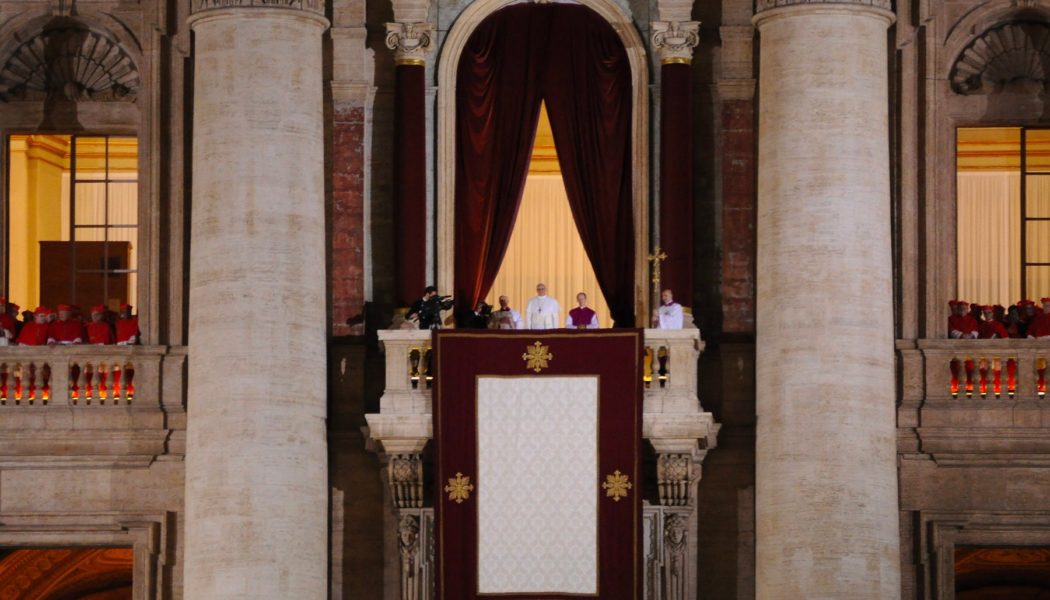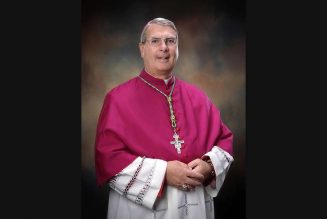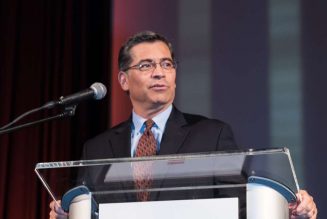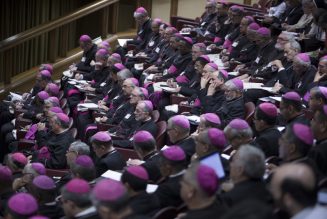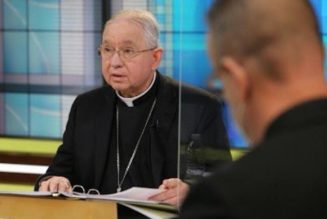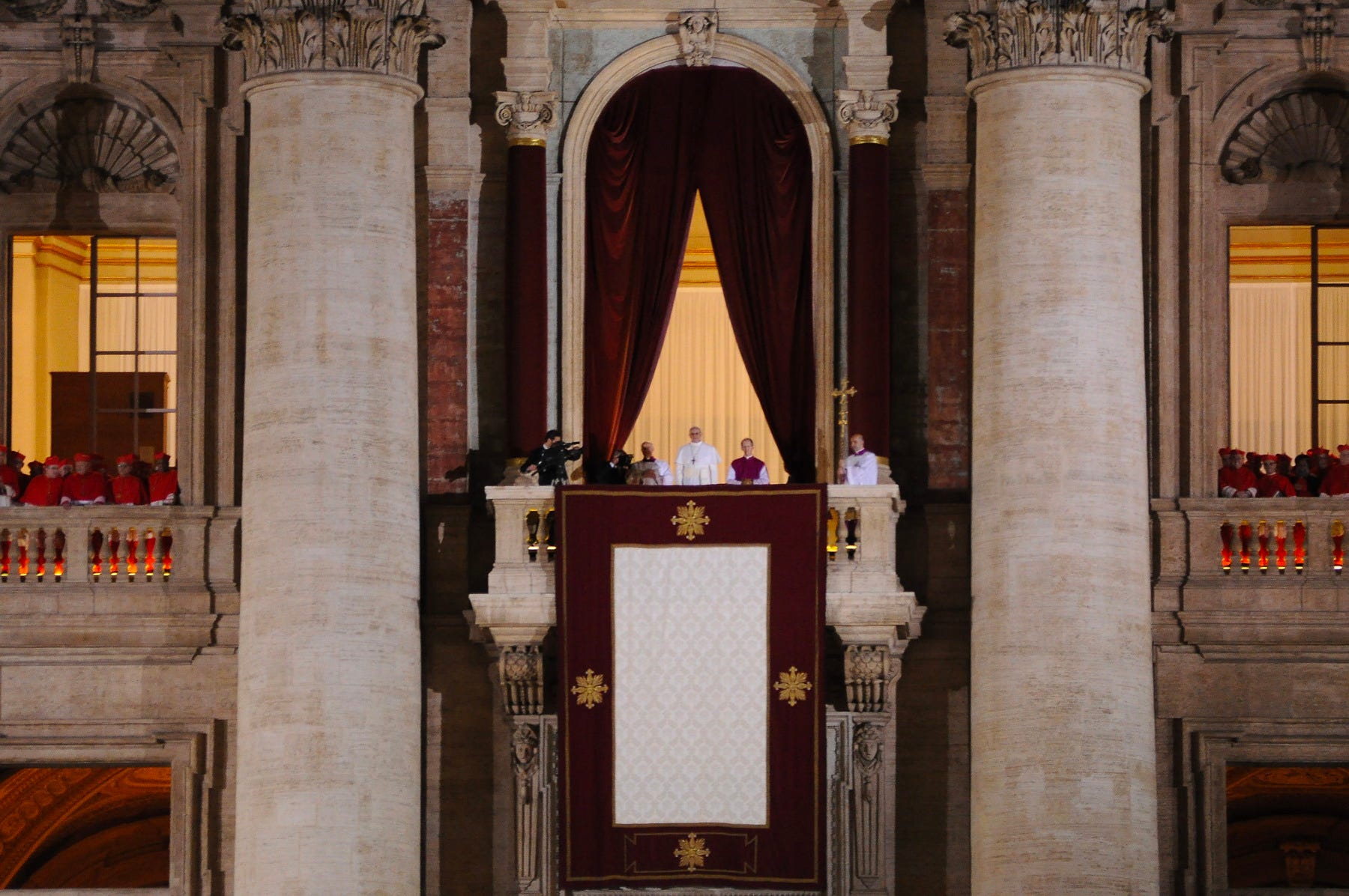
Pope Francis has delegated Cardinal Gianfranco Ghirlanda to develop draft revisions to the papal election process, in light of the approach to dialogue used during the synod on synodality, according to sources close to the Vatican’s Secretariat of State.
In a move that could see questions raised by members of the Church’s College of Cardinals, the pope has reportedly asked his senior ranking canon lawyer to develop possible amendments to Universi dominici gregis, Pope St. John Paul II’s 1996 apostolic constitution governing the events surrounding the death of a pope, and the election of his successor in a conclave.
—
According to sources familiar with the discussions, there are two key reforms under consideration for the papal election process. Both pertain to the “general congregations” of cardinals which precede the voting process for a new pope.
During general congregations, which all cardinals are expected to attend, the plans for the conclave election process are fixed, administrative issues are dealt with, and cardinals are afforded the opportunity to offer speeches — typically limited to seven minutes — on their own perspectives regarding needs and issues in the life of the Church.
In the past, general congregations are regarded as a final — and important — opportunity for cardinals to get to know one another, and to assess prospective candidates for election to the papacy.
Vatican analysts have said in recent years that general congregations will likely be regarded as especially important by cardinals ahead of the next papal conclave, because there have been very few consistories — gatherings of cardinals in Rome — during the Francis papacy.
According to senior sources, one proposed change would limit general congregations to the cardinals eligible to participate in the conclave election — those under 80 years of age.
The other prospective change would reportedly modify the format of the general congregation — limiting the opportunity for speeches to the whole College of Cardinals, in place of sessions styled similar to the synod of synodality, in which participants sit at round tables over 10 or so participants for “spiritual conversations,” followed by reports to the entire assembly summarizing those table discussions.
It is not clear how members of the College of Cardinals will respond to those prospective changes, sources said.
On one hand, cardinals have raised complaints in the past that the general congregations can be overly formal affairs, with little opportunity for personal engagement among the cardinals — and that the meetings have been laden with lengthy speeches, many of which have come from the cardinals over 80. The “synodal style” of engagement could be seen by some — especially those who have participated in the synod on synodality — as a way to address those challenges.
On the other hand, cardinals could express concern that the “synodal approach” gives the table leaders and reporters a position of considerable influence, and could dampen or diminish the effect on the entire college of particular reflections from cardinals. Further, some might express concern that restricting participation in the general congregations to cardinals under 80 would deprive voting members of an invaluable perspective, or the wisdom of experience.
Senior Roman clergy have told The Pillar that there have also been rumors that Pope Francis has considered the idea of inviting lay people to participate in general congregations, but The Pillar has been unable to confirm whether that idea has actually been seriously discussed in the Vatican.
—
In either case, it is not clear when draft revisions might be presented to the pope for his consideration and approval, or if a contingent of cardinals has been consulted amid discussions on the subject. But according to a senior canon lawyer close to the Vatican, knowledge of the project is widespread in Vatican canonical circles, as is the role of Cardinal Ghirlanda.
Ghirlanda has been an important advisor to Pope Francis, and was a key figure in drafting Praedicate evangelium, the document setting the structure of the Vatican’s Roman Curia. The cardinal has also been the face of some controversial ideas during the Francis pontificate, including the cardinal’s 2022 statement that “the power of governance in the Church doesn’t come from the sacrament of Holy Orders, but from the canonical mission.”
That idea caused a stir last March, with some canonists and theologians saying that it seemed to discount the teaching of Lumen gentium and the Catechism of the Catholic Church on the intrinsic link between sacramental ordination and Church governance, and the emphasis of Vatican Council II on the nature and authority of the college of bishops — with the pope as its head — as the supreme authority in the Church.
Universi dominici gregis was last modified by Pope Benedict XVI, who made two sets of changes to the text. The first change revoked a provision that would have allowed an election to be decided by a simple majority, instead of by two-thirds, if a conclave had become effectively deadlocked. The second set of changes allowed a conclave to start sooner or later than the 15 days after a pope’s death originally prescribed the text, and declared a latae sententiae excommunication for cardinals who violate the conclave’s secrecy.
Comments 1
Services Marketplace – Listings, Bookings & Reviews
